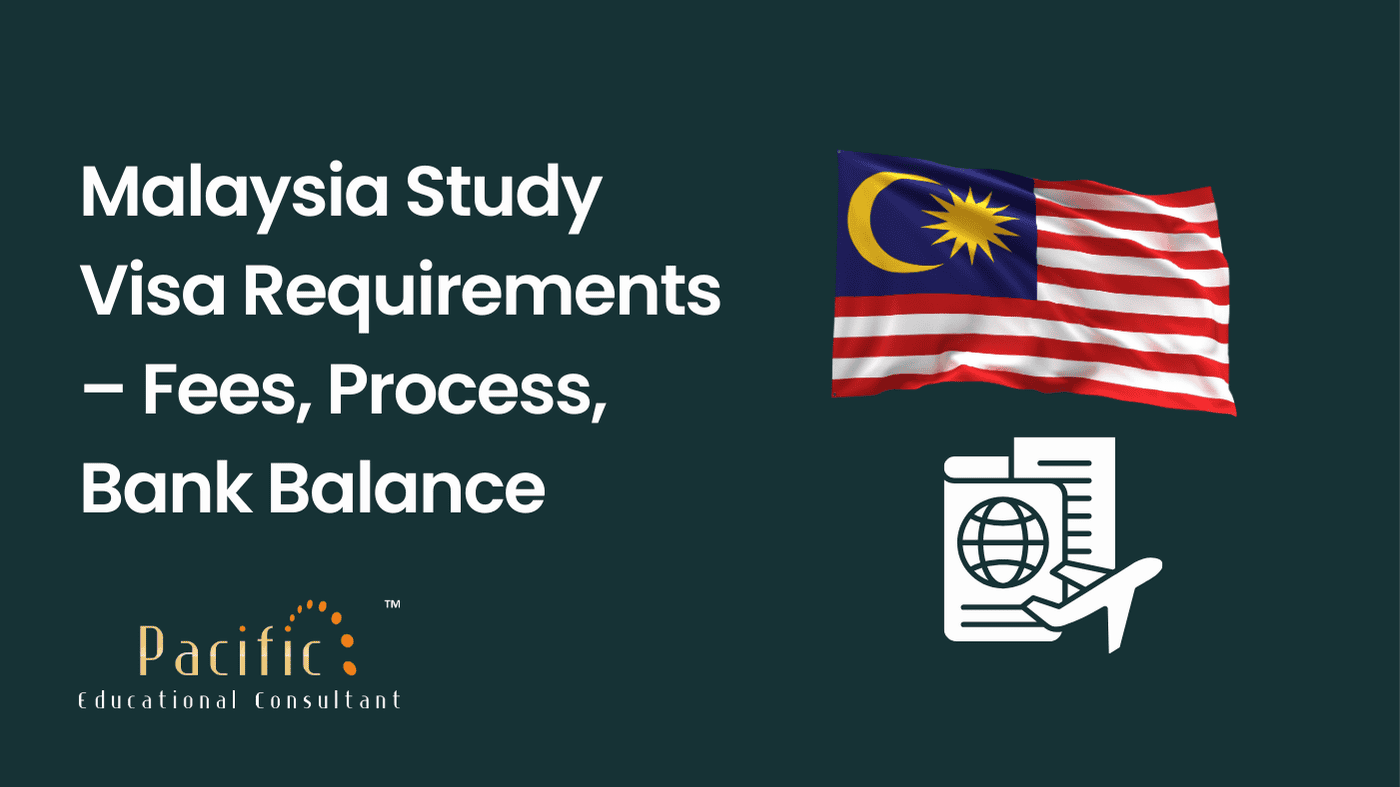


Navigating healthcare in the United States can be overwhelming, especially for F1 visa students new to the country. Selecting the best health insurance for F1 visa students ensures you are covered in case of medical emergencies, routine health checkups, or unexpected illness. But where should you start? From understanding requirements to finding affordable options, this guide will break it all down for you.
Being an F1 visa student in the U.S. comes with its share of challenges, and health insurance is a big one. The American healthcare system is notorious for being complex and expensive. Even a minor medical issue can become a financial nightmare without adequate coverage.
Thankfully, there are insurance plans tailored specifically for international students like you. This article will guide you step-by-step through the process of choosing the best plan, while highlighting essential tips for staying compliant with university and visa requirements. Whether you're a first-time traveler or already in the U.S., we’ve got you covered.
Health insurance isn’t just a safety net—it’s often a legal and institutional requirement. Many U.S. universities mandate international students to have health insurance to ensure access to quality care without financial strain. Furthermore, F1 visa holders must comply with visa conditions, which may include maintaining adequate health coverage during their stay.
Key reasons why insurance is essential:
The process may seem daunting, but with the right approach, it’s straightforward. Here’s how you can get started:
Many universities provide their own health insurance plans or require students to purchase a specific type of coverage. Some may allow you to opt out if you provide proof of comparable coverage. Start by contacting your university’s international office or health services department.
Look for plans tailored specifically to international students. These plans are designed to meet visa requirements while offering affordable coverage options. Popular providers include:
Not all insurance plans are created equal. While affordability is important, ensure the plan provides adequate coverage for emergencies, hospital stays, prescription medications, and routine care. Look out for:
Insurance documents can be overwhelming, full of terms like “deductibles,” “out-of-pocket maximums,” and “coinsurance.” Take time to understand these terms to make an informed decision.
Most international student health insurance plans are available online. Once you’ve compared options, you can purchase the plan and instantly receive confirmation.
When selecting a plan, consider these factors:
Here’s a closer look at some of the most popular providers:
On average, international students can expect to pay anywhere from $500 to $2,000 annually for health insurance, depending on the provider and coverage options. While this may seem expensive, it’s a small price to pay compared to the high costs of healthcare in the U.S.
While not all F1 visa students are legally required to have health insurance, most universities enforce this policy. This ensures students are protected against financial risks associated with medical emergencies.
Without insurance, you may face financial hardships if a medical emergency occurs. Additionally, your university may not allow enrollment without adequate coverage.
Travel insurance is not a substitute for health insurance. It is typically short-term and doesn’t cover routine or comprehensive healthcare needs.
Yes, they often provide extensive coverage, though they might be pricier than independent plans.
Seek assistance at your university health center, as they often offer low-cost care. However, it’s crucial to get insured as soon as possible.
Yes, but ensure there’s no lapse in coverage, as this could lead to complications during claims or emergencies.
Contact your university or the insurance provider for clarification. Most plans designed for international students are compliant.
Health insurance is more than just a requirement—it’s your safety net while studying in a foreign country. By selecting the best health insurance for F1 visa students, you can focus on your studies without worrying about unexpected healthcare costs. Whether you choose a university-sponsored plan or an independent provider, ensure the plan meets your needs and offers comprehensive coverage.
Stay informed, compare options, and make a choice that offers peace of mind. After all, your health should always come first!

Canada Super Visa in Kota | Parents & Grandparents Visa Experts

Malaysia Study Visa Requirements – Fees, Process, Bank Balance

MDS in Germany : Fees, Licensing, Salary & Eligibility for Indian Dentists

PTE Reading Tips and Tricks: How to Improve PTE Reading Score

Best Architecture Colleges in the World: Ranking, Fees & Admission

Top GMAT Accepting Colleges in World for MBA

Fully Funded PhD Scholarships Abroad for Indian Students

MBA in Project Management in UK: Top Universities, Fees & Jobs

Top 10 Universities for MBA HR in Canada | Eligibility & Process

MS in Agriculture in Australia: Top Universities, Scholarships & Jobs